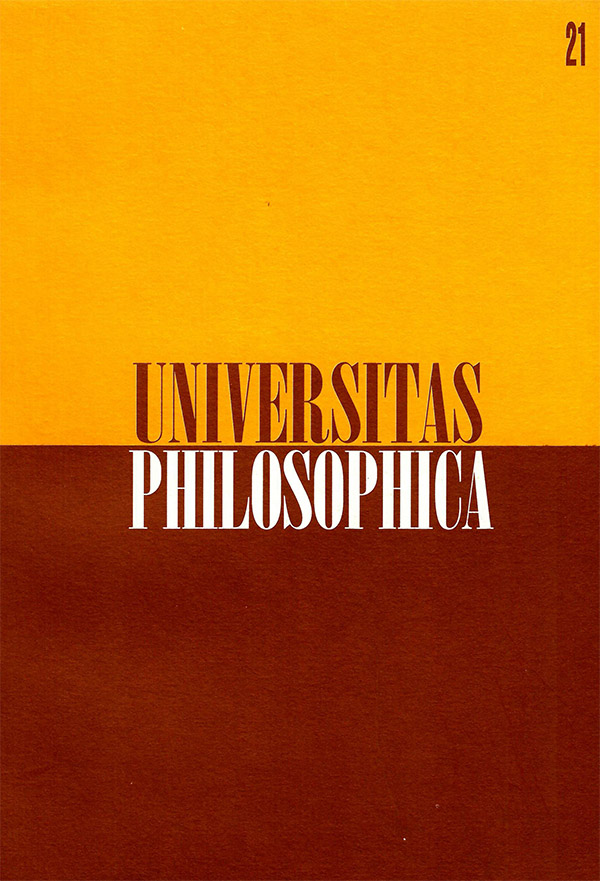Resumo
En la discusión contemporánea en torno a los temas y problemas de la racionalidad hay un tema que poco o nada ha sido mencionado. Se trata del fundamento mismo de toda racionalidad y de cualquier discusión en torno a los problemas relativosa la verdad, a la noción de sujeto, etc. Es el tema del pensar. Este texto se ocupa de una faceta: el pensar en cuanto origen de posibilidades. Pensar bien equivale a pensar en todas las posibilidades. El problema consiste en que en la realidad no se cumplen todas las posibilidades, pero sí cualquier posibilidad puede cumplirse. De este modo la tarea del pensar equivale a concebir posibilidades frente a la realidad y, así, la de generar nuevas experiencias. Se trata de anticiparse al futuro y de proyectar el pasado y el presente. En efecto, pensar es anticipar el futuro, puesto que el futuro aún no existe en la realidad y sí existe primariamente en el pensamiento. De suerte que el futuro es lo que permite pensar que entre la posibilidad y la necesidad existe un nexo. Este nexo se origina en el pensar. El pensar es, en primer lugar, pensar en el futuro como posibilidad, pues es en esta dimensión en donde la posibilidad se convierte en necesidad. El problema que subyace a este planteamiento global es el de una "ontología de las posibilidades", al que le interesa que las posibilidades puedan y deban cumplirse. Tal cumplimiento debe abrir nuevos horizontes. Tal es, en síntesis, el oficio y la tarea de la filosofía.Esta revista científica se encuentra registrada bajo la licencia Creative Commons Reconocimiento 4.0 Internacional. Por lo tanto, esta obra se puede reproducir, distribuir y comunicar públicamente en formato digital, siempre que se reconozca el nombre de los autores y a la Pontificia Universidad Javeriana. Se permite citar, adaptar, transformar, autoarchivar, republicar y crear a partir del material, para cualquier finalidad (incluso comercial), siempre que se reconozca adecuadamente la autoría, se proporcione un enlace a la obra original y se indique si se han realizado cambios. La Pontificia Universidad Javeriana no retiene los derechos sobre las obras publicadas y los contenidos son responsabilidad exclusiva de los autores, quienes conservan sus derechos morales, intelectuales, de privacidad y publicidad.
El aval sobre la intervención de la obra (revisión, corrección de estilo, traducción, diagramación) y su posterior divulgación se otorga mediante una licencia de uso y no a través de una cesión de derechos, lo que representa que la revista y la Pontificia Universidad Javeriana se eximen de cualquier responsabilidad que se pueda derivar de una mala práctica ética por parte de los autores. En consecuencia de la protección brindada por la licencia de uso, la revista no se encuentra en la obligación de publicar retractaciones o modificar la información ya publicada, a no ser que la errata surja del proceso de gestión editorial. La publicación de contenidos en esta revista no representa regalías para los contribuyentes.


